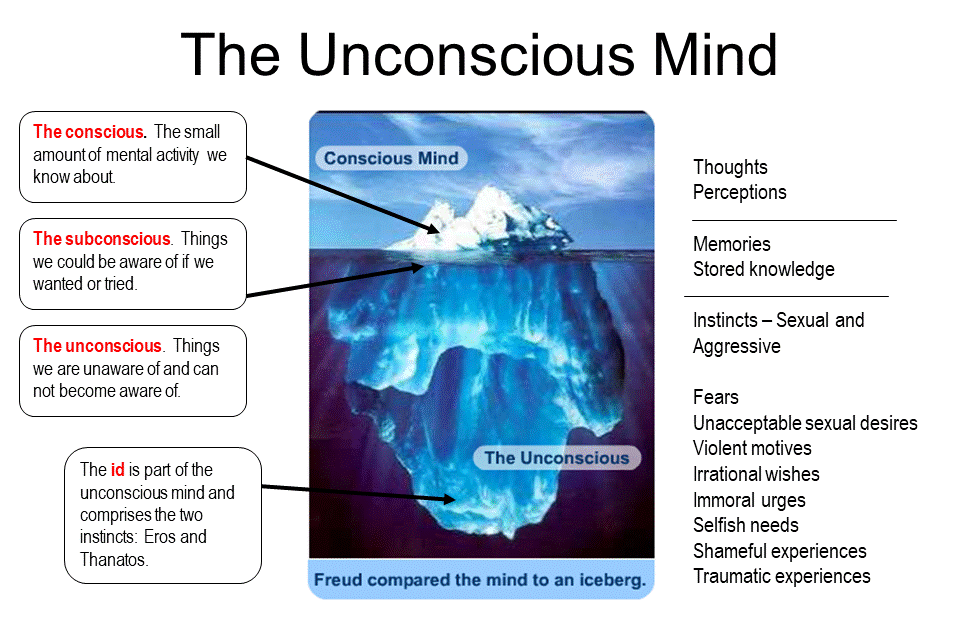“It is only when the conscious mind confronts the unconscious, that a provisional reaction will ensue which will determine the subsequent procedure”. Carl Jung
Consciously confronting your unconscious mind is the most important encounter you can experience during coaching.
The job of all coaches/leaders is to bring out the gold in the people they coach. There is gold in every human being, the challenge for us as individuals and for the people we coach/lead is how to bring out this gold and make it shine. Every human being has one dimension of their lives, which, when transformed can tremendously magnify their capabilities. When a reporter once asked Andrew Carnegie how he managed to have 43 millionaire employees in his company, Carnegie replied:
“Men are developed the same way gold is mined. When gold is mined, several tons of dirt must be moved to get an ounce of gold; but one doesn’t go into the mine looking for dirt—one goes in looking for the gold.”
The job of all business executives is to continually seek out ways to clear the dirt for the gold to find useful expressions in their employees. A person/leader can be sitting on a pile of Gold but complain daily about the dirt that surrounds the Gold. The focus on this dirt will not lead to the Gold buried underneath. To be successful as an executive, one must skilfully learn how to be a coach to his/her GOOD employees. I do not mean executives should coach ALL employees; no, that will be a sheer waste of executive time. Not all employees are in vocations that align with the gold inside them – for such employees, do not waste your valuable time. To repeat the words of the sage Jim Rohn;
“The first rule of management is this: Don’t send your ducks to eagle school. Why? Because it won’t work. Good people are found, not changed. They can change themselves, but you can’t change them. If you want good people, you have to find them. If you want motivated people, you have to find them, not motivate them”
Once you identify good people, your next task is to make them better. The process of making them better requires some deliberate coaching/training. This process amongst others involves an inquiry process that gets the coachee to LOOK INSIDE HIMSELF OR HERSELF. We are all products of habitual behaviours and are ruled by age old habits coded into our subconscious, the implications of which we were not even fully aware at the time we wrote them. A great deal of these habits are good and work in our favour; but there are a few that requires some confrontation. This for me is the most important encounter that you can experience during coaching.
Take the case of leading executives of companies such as the late Apple founder Steve Jobs. Many of these executives in their formative years are extremely brilliant, goal getters, abrasive and oftentimes have no patience for mediocrity. The challenge as they go up the ladder is that they will need to broaden their personality to not only focus on the goal at hand but carry others along. Many times, broadening the personality will require a self-enquiry that directs them to the source of these habitual behaviours. Even though technical excellence was largely responsible for their meteoric rise, they soon discover that the skills needed to enter the next rung of the ladder is completely different from all their prior performance rating. In the words of Marshall Goldsmith, “what brought you here will not take you there”.
An experienced coach/leader will help such aspiring leaders to confront the automatic behaviours that they exhibit. This exercise is the most transformational benefit of Coaching. From the quote from Carl Jung above, “It is only when the conscious mind confronts the unconscious, that a provisional reaction will ensue which will determine the subsequent procedure”.
Marianne Szegedy-Maszak, writing for the US News and World report has this to say, “According to cognitive neuroscientists, we are conscious of only 5% of our cognitive activity, so most of our decisions, actions, emotions, and behaviour depend on the 95% of brain activity that goes beyond our conscious awareness. Take the biblical quote from the Apostle Paul in Romans 7:15: “I do not understand what I do. For what I want to do, I do not do, but what I hate, I do. For I have the desire to do what is good, but I cannot carry it out”. This should not portray utter hopelessness of our ability to make changes that have the capacity to radically alter our lives but instead create the process of self-enquiry or introspection phase which coaching leverages on to bring us face to face with our automatic behaviours. The process slows us down – when your behaviour is not automated, you go into the manual mode called “presence” or “being present”. Although you slow down when you begin to learn how to be present in your day to day life, the upside is that you GET MORE DONE!
Becoming present in your day to day life means taking the time to inspect slavish instructions that your unconscious mind hitherto drives you to do. As you inspect and challenge these behaviours from day to day and continually practice “presence”or the art of being present, you will become a far more powerful person than when you worked slavishly for your unconscious mind.
“A good coach can change a game. A great coach can change a life.” -John Wooden
